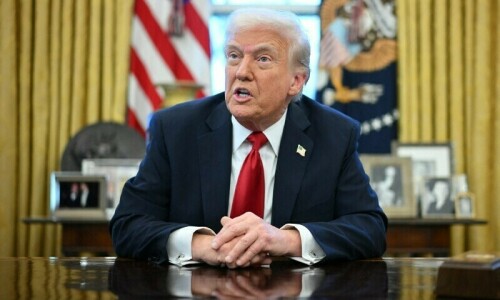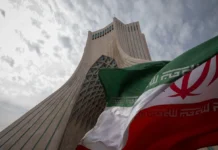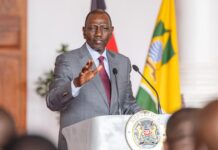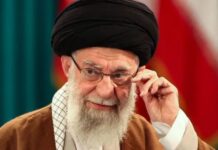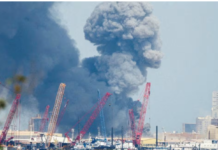Throughout his decades in the public eye, Donald Trump’s political positions have evolved significantly.
However, one belief he has consistently maintained since the 1980s is that tariffs are a powerful tool for strengthening the U.S. economy.
Now, he is placing his presidency on the line to prove himself right.
Standing in the White House Rose Garden, flanked by allies, conservative leaders, and cabinet members, Trump unveiled a sweeping set of tariffs targeting a wide range of nations—friends, competitors, and adversaries alike.
His speech was part victory lap, part self-congratulation, with frequent applause from the gathered crowd. The president reminisced about his long-standing opposition to free trade agreements like NAFTA and the World Trade Organization, underscoring his belief that tariffs would restore American economic dominance.
Anticipating resistance from “globalists” and “special interests,” Trump urged Americans to trust his instincts.
“Never forget, every prediction our opponents made about trade for the last 30 years has been proven totally wrong,” he declared.
A Vision Years in the Making
Now, in his second term, with like-minded advisors and firm control over a Republican-led Congress, Trump has the opportunity to reshape U.S. trade policy to reflect his America-first philosophy. He argues that protectionist policies once made the United States a global economic powerhouse—and that they can do so again.
“For years, hardworking American citizens watched from the sidelines as other nations grew rich and powerful—often at our expense,” he said. “With today’s action, we are finally taking control of our economic destiny and making America greater than ever before.”
A High-Stakes Gamble
Despite Trump’s confidence, his latest move carries significant risks.
Economists across the spectrum warn that imposing steep tariffs—53% on China, 20% on the European Union and South Korea, and a 10% baseline for all nations—could ultimately hurt American consumers by driving up prices and destabilizing global markets.
Kenneth Rogoff, former chief economist at the International Monetary Fund, cautioned that the probability of a U.S. recession had jumped to 50% as a result of this decision, a dire warning for the world’s largest economy.
As Trump pushes forward with his long-held vision, the success—or failure—of this economic gamble could define his presidency.
However, one belief he has consistently maintained since the 1980s is that tariffs are a powerful tool for strengthening the U.S. economy.









